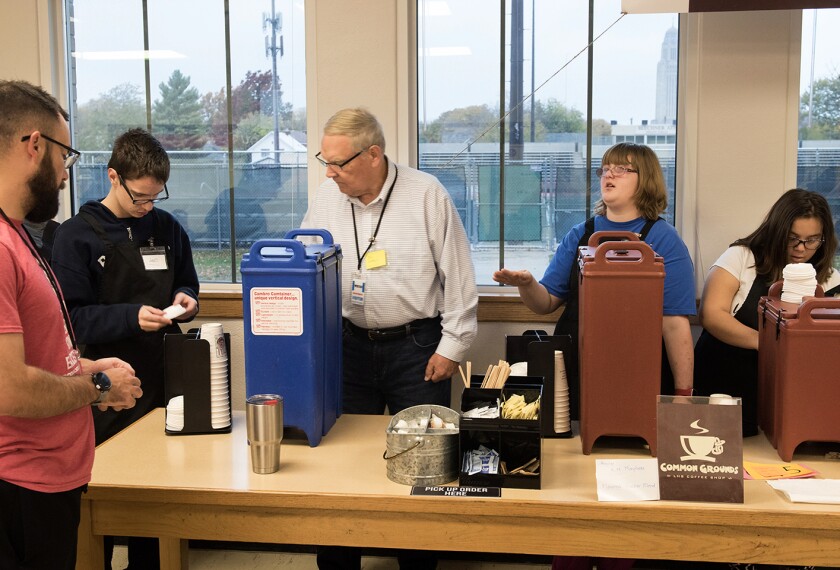Earlier this year the U.S. Supreme Court issued a unanimous decision. The justices ruled 8-0 in Endrew F. v. Douglas County School District that Endrew, a child with autism, was entitled to an educational program that required more than the “de minimis"—or minimum—progress set by his assigned school.
This landmark decision was rightly hailed as a victory for the millions of children with disabilities and their families in America today. Too often, the families of disabled children have felt that their children are not being adequately challenged academically or given the support needed to grow and thrive.
Unfortunately, stories like the one in this case are not uncommon. Too many parents of children with disabilities see their son or daughter’s individualized education program, or IEP, little changed from year to year. To these parents, it often seems as if the school district is content with simply passing their child along, rather than focusing on helping him or her progress and grow academically. They recognize that the de minimis standard isn’t working for their child, but, sadly, they often do not have the opportunity to access something better.
When it comes to educating students with disabilities, failure is not acceptable. De minimis isn’t either.
When it comes to educating students with disabilities, failure is not acceptable."
That’s why this week the U.S. Department of Education released a Q&A document to inform families, educators, and administrators of the impact of the court’s decision on the implementation of the Individuals with Disabilities Education Act, or IDEA, and the scope of the free, appropriate public education, or FAPE, requirements under the law.
The court’s decision gave legal weight to what so many parents and educators already knew to be true: In order to excel, each child must have an education program that is appropriately ambitious in light of his or her circumstances. Chief Justice John G. Roberts Jr.'s opinion emphasized the individualized decision-making required in the IEP process and the need to ensure that every child should have the chance to meet challenging objectives.
No two children are the same. Each has his or her own unique abilities and needs. Personalized, student-centered education can help all children thrive, especially children with disabilities. Their education should embrace their diverse traits and aspirations, rather than limiting them with a one-size-fits-all approach.
Student success requires we put each child at the center of everything we do. Low standards and de minimis expectations tell our students that we don’t have hope for them. That we don’t believe in them. But we do. Tolerating low-expectations for children with disabilities must end. Challenging children with disabilities empowers them, and doing so gives them the hope of living successful, independent lives.
Every student should be loved and respected, and with our help, they can gain the tools to grow and become everything they want to be.
Every family should have the ability to choose the learning environment that is right for their child. They shouldn’t have to sue their way to the U.S. Supreme Court to get it. Thanks to the Court’s landmark unanimous decision, other families won’t have to.




